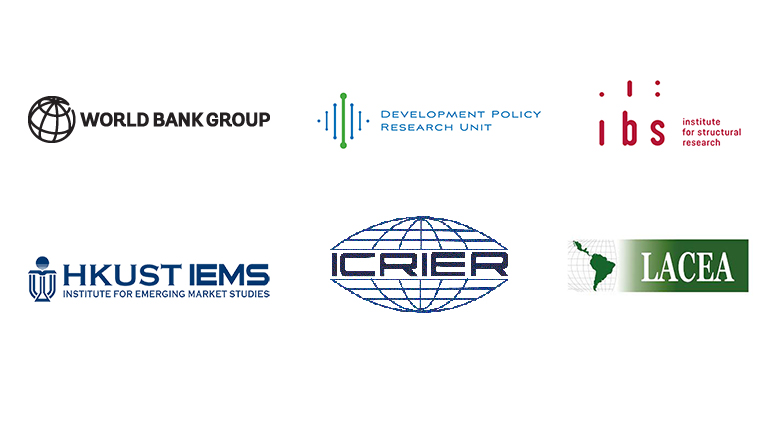Call for Papers: Jobs and Development Conference: November 2016

On November 2-3, DPRU will co-host the Jobs and Development Conference in Washington D.C. We kindly invite you to submit your papers, with the deadline extended until August 28.
Economies grow faster when more jobs are created and when each job becomes more productive. Thus, GDP per capita in a given country – the most common measure of economic development – is determined by the average productivity of existing jobs (i.e., average labour productivity), the share of the working age population that has a job, and the share of the total population that is able to have a job. The average productivity of jobs, in turn, responds to structural changes: changes in the productivity and distribution of jobs across economic sectors, regions, and the formal and informal economies. Economies develop as jobs move out of low productivity sectors (e.g., agriculture), from rural into urban regions where agglomeration externalities enable higher productivity, and from the informal into the formal economy where firms are able to exploit economies of scale, utilise new technologies, and access larger markets.
THE AIM OF THE CONFERENCE
The aim of the conference is to present and discuss the latest policy-relevant research to foster the creation of multi-sector, multi-disciplinary solutions to jobs challenges around the world based on research and empirical evidence. In addition to the regular sessions in all fields of labour economics and development, special sessions on Jobs, Structural Transformations, Technology and Regulations will be featured. In particular, we are interested in discussing:
- How different patterns in terms of jobs creation have affected economic growth, the distribution of income and poverty reduction?
- How is the technological progress influencing structural change in different countries, its impact on jobs, wages and inequalities that arise?
- What types of public policies/institutions and/or external shocks are behind these different structural transformations?
- How do labour regulations, their enforcement and the way they interact with the ongoing structural changes affect quantity and quality of jobs?
- What is the interaction between demographic change, structural transformation and economic growth?
- What are the factors driving female employment and wage gaps?
- How are jobs being created in the context of fragility?
SUBMISSION
We welcome submissions of papers around topics related to labour economics in the context of emerging and developing countries. Papers focusing on assessing the consequences of structural transformations, technological progress, demographic change in the patterns of jobs creation on economic growth and social development in developing and emerging countries, including the different way it impacts men and women, are encouraged.
Submissions should be sent by August 28, 2016 using the online application form for the collection of details papers should then be emailed to jobsccsa@worldbankgroup.org
NOTE: We require a specific naming convention for the paper - “Name of Author_Paper Title”.
Only one submission per person is accepted.
The scientific committee will review all papers and make a decision by September 16.
Full papers will be given priority; detailed abstracts will also be considered, but on a secondary basis. Authors of selected papers will be contacted immediately to allow for arrangements to present the paper at the conference. Details will be provided at that time.
The organisers will provide accommodation for up to 3 nights and meals during the conference. The participants are responsible for their own travel to and from the venue.
ORGANISERS
The Jobs and Development conference is organised by the World Bank Jobs Group and the Network on Jobs and Development - a partnership (financed by the Development Grant Facility) of a group of five research institutes from various regions of the world:
- Development Policy Research Unit at University of Cape Town (DPRU,South Africa),
- HKUST Institute for Emerging Market Studies (HKUST IEMS, Hong Kong),
- Indian Council for Research on International Economic Relations (ICRIER, India),
- Institute for Structural Research (IBS, Poland) and
- Latin American and Caribbean Economic Association (LACEA).
SCIENTIFIC COMMITTEE
Committee chair : Albert Park, Institute for Emerging Market Studies at Hong Kong University of Science and Technology, Hong Kong
Committee members:
- Haroon Bhorat, Development Policy Research Unit at University of Cape Town, South Africa
- Deb Kusum Das, Indian Council for Research on International Economic Relations, Delhi, India
- Mary Hallward-Driemeier, Trade and Competitiveness Practice, World Bank
- Piotr Lewandowski, Institute for Structural Research (IBS), Warsaw, Poland
- David Robalino, Jobs Group, World Bank
- Sergio Urzua, University of Maryland, NBER, IZA and Clapes-UC

